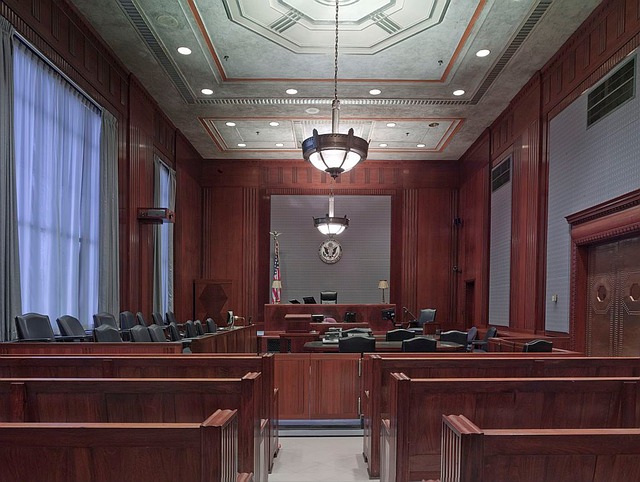Defamation law protects reputations from false statements through libel, slander, and electronic forms. High-profile cases highlight severe consequences, including multimillion-dollar settlements and long legal battles via appeals or settlements that vary based on jurisdiction and reputation involved. Strategic legal approaches are crucial for individuals and organizations navigating these complex outcomes in defamation case outcomes and settlements.
Criminal law enforcement is a complex web of regulations and procedures designed to protect society. One critical aspect often in the spotlight is defamation, with its far-reaching consequences. This article delves into the intricacies of defamation law, exploring key principles and definitions. We present compelling case studies detailing notable defamation settlement amounts and results, offering valuable insights. Furthermore, we navigate post-trial scenarios, including appeals, new trials, and resolutions, shedding light on the diverse outcomes in defamation cases, providing essential information for understanding Defamation Case Outcomes and Settlements.
- Defamation Law: Understanding Key Principles and Definitions
- Case Studies: Notable Defamation Settlement Amounts and Results
- Navigating Post-Trial Scenarios: Appeals, New Trials, and Resolutions
Defamation Law: Understanding Key Principles and Definitions
Defamation law is a crucial aspect of criminal law enforcement that focuses on protecting individuals’ reputations from false and harmful statements or representations. At its core, defamation involves making a substantial false statement about someone, which damages their reputation and results in tangible harm. This can take various forms, including libel (written or printed statements), slander (oral statements), or even electronic communications. Understanding the key principles and definitions of defamation is essential for both individuals facing these charges and those involved in white-collar defense strategies.
When navigating a defamation case, outcomes and settlements play a pivotal role. Defamation cases can lead to significant financial damages if a plaintiff succeeds in proving their claim. However, winning challenging defense verdicts is not uncommon, especially when the defendant can demonstrate truth as a defense or prove that the statements were made without malicious intent. The respective business environment often requires strategic legal approaches, ensuring that rights are protected while adhering to the stringent standards set by defamation laws.
Case Studies: Notable Defamation Settlement Amounts and Results
In recent years, several high-stakes cases have brought significant attention to defamation law and its impact on individuals and organizations across the country. These notable lawsuits have resulted in substantial settlement amounts, drawing the interest of legal experts and members of philanthropic and political communities alike. One prominent example involves a media outlet that published false accusations against a renowned businessman, leading to a multi-million dollar settlement after a lengthy legal battle. The outcome not only underscored the severity of defamation’s consequences but also highlighted the importance of responsible journalism and fact-checking practices.
Another notable case centers around a public figure who faced numerous defamatory statements made by a rival political campaign. Through strategic legal representation, the affected individual secured a substantial settlement that included an apology and the removal of all offensive content from various digital platforms. These case outcomes have set precedents for future high-stakes defamation cases, emphasizing the potential financial and reputational risks associated with false and malicious statements.
Navigating Post-Trial Scenarios: Appeals, New Trials, and Resolutions
Navigating Post-Trial scenarios can be complex, especially in high-stakes cases like defamation. Once a verdict is reached or a judge issues a ruling, various outcomes and resolutions come into play. Appeals are a common route for both prosecution and defense, allowing parties to argue legal errors or interpretative discrepancies in the original trial. This process can significantly delay final outcomes, often leading to years of litigation.
Outside of appeals, settlements remain a viable option, offering a mutually agreed-upon resolution between parties. These agreements can range from monetary compensation for defamation damages to non-disparagement agreements. Considering the impact on both the individual and respective business or philanthropic and political communities, careful consideration is paramount. Defamation case outcomes and settlements vary widely based on jurisdiction, the specific circumstances of the case, and the reputation of those involved.
Understanding defamation law is crucial for both individuals and organizations to protect their reputation. By familiarizing themselves with key principles and definitions, as well as studying notable case outcomes and settlements, they can better navigate potential legal scenarios. Awareness of post-trial processes, including appeals and new trials, equips them to resolve conflicts effectively. Ultimately, navigating defamation cases requires a strategic approach, informed by both legal knowledge and an understanding of the dynamic landscape of defamation case outcomes and settlements.






